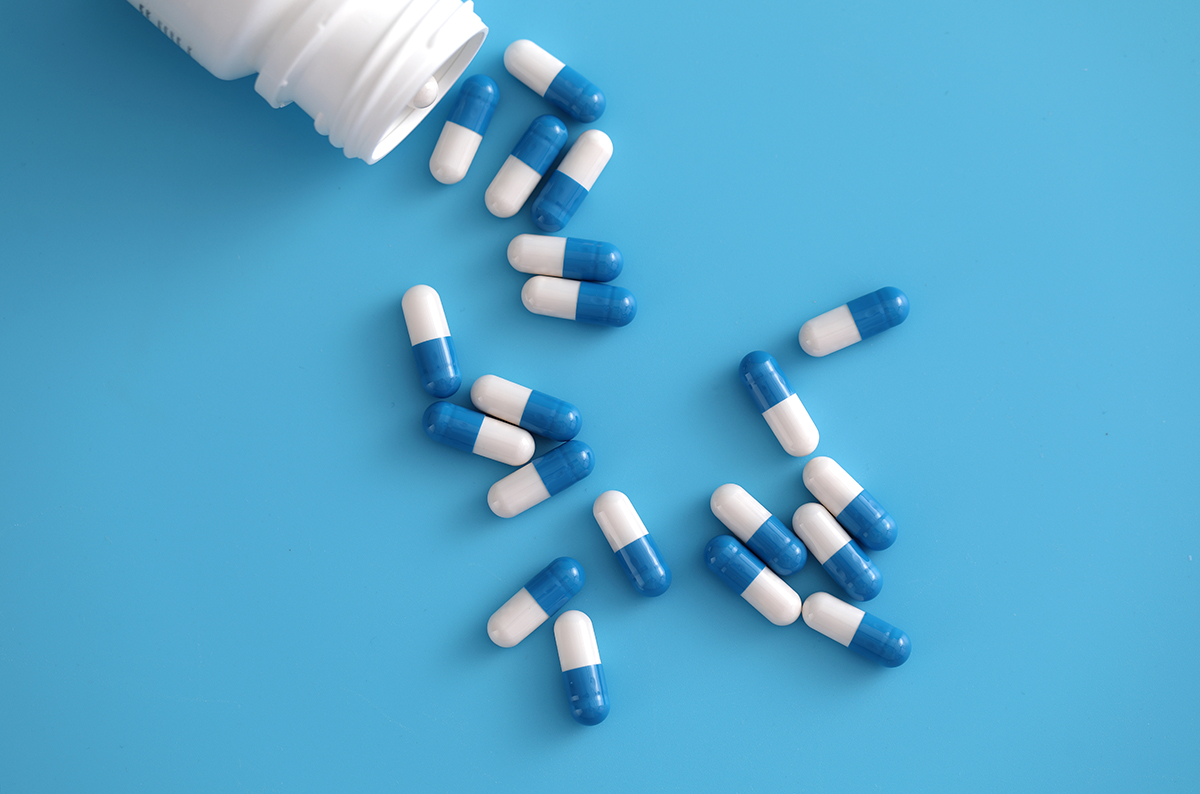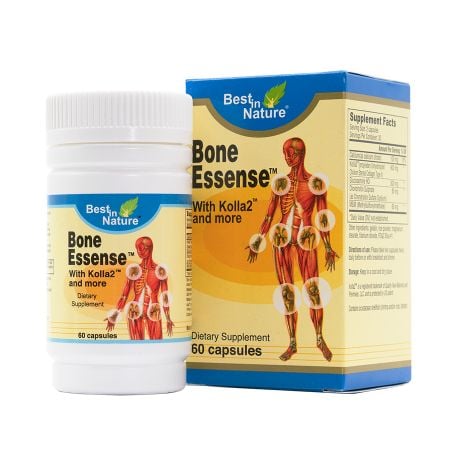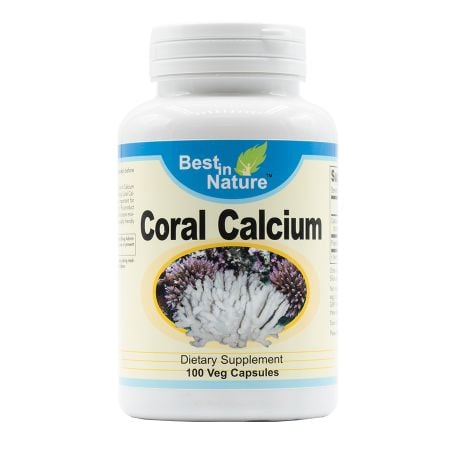
As with many parts of our health, we often don’t think about our bone and joint health until an injury or decline in function happens. Or perhaps, we reach a certain age and begin to worry about conditions such as osteoporosis or arthritis.
The best approach is to start a bone and joint health strategy in which supplements can play a part. Even the best supplement strategy, however, should be paired with exercise and a diet rich in essential nutrients. Let’s take a look at the best supplements for bone and joint health.
Collagen (Kolla2®)
Collagen, specifically Type II Collagen, is a joint flexibility superstar. Type II collagen makes up 60 percent of the dry weight of the cartilage providing tensile and shear strength.
Some small-scale studies have found that collagen supplementation may help strengthen bones and joints.
Bone Essense™ combines calcium with 600 mg of Kolla 2® (Type II Collagen) per serving along with Glucosamine for bone strength and joint mobility.
Calcium
Calcium is a superstar mineral that makes up 40 percent of overall bone tissue. Cheese, milk, yogurt, and dark leafy greens are all excellent sources. For a variety of reasons like specialized diets or a decline in appetite with age, many have trouble getting enough calcium and could benefit from taking a supplement. Coral calcium is popular with many because of coral’s overall similar composition to human bone.
Glucosamine and chondroitin
Glucosamine and chondroitin are major constituents of joint cartilage. It’s thought that taking in the constituents can help to maintain the integrity of joints and their flexibility as we age. The Mayo Clinic cites preliminary research finding that glucosamine chondroitin supplements may slow knee joint degeneration associated with osteoarthritis. Other research indicated it may help with pain related to rheumatoid arthritis.
There are some interactions with medication to look out for, specifically Warfarin.
Vitamin D
Vitamin D is used in the body to absorb calcium and strengthen our bones. An additional benefit to Vitamin D is that it helps your immune system fight off bacteria and viruses. There are several primary ways to get Vitamin D. The body synthesizes its own Vitamin D by way of sun exposure. Most milk in the US is fortified with Vitamin D and supplements can be a good option for the winter months.
Omega-3 fatty acids
Omega-3 is normally emphasized for its heart health benefits but it may be just as important for bone and joint health. Omega-3 has been found to facilitate bone mineralization, reduce inflammation, and protect against excessive bone breakdown. Additionally, it can help build healthy cells, including the cells for materials that cushion your joints.
One study found that Omega-3 might be able to mitigate bone loss while another found it helped to prevent osteoporosis associated with steroid use.
Most people can Omega-3 from fatty fish like salmon, but there are also plant-based sources like flax seeds, walnuts, chia seeds, and hemp seeds.
The Broader Bone and Joint Health Strategy
Bone and joint supplements as their name suggests are only for filling in the gaps or giving a helping hand. Maintaining your bone and joint health should involve a complete strategy in which you do the following:
1. Eat a healthy diet with calcium-rich foods like yogurt, dark-leafy greens, fish, and seeds. Additionally, aim to get a range of antioxidants from sources like tomatoes, berries, and herbs.
2. Maintaining a healthy weight is one of the biggest steps you can take in maintaining your bone and joint health. Regular activities, exercise, and anything else your body needs to do will be less taxing when you’re at a healthy weight. Oppositely, being overweight puts more stress on bones and joints making overall mobility more difficult.
3. Get annual checkups and discuss issues with your physician. To get the most out of your visits, keep a diary of any issues such as joint pain or difficulty moving. For example, your diary can include times when you experience pain, activities that lead to it, and remedies that you have used.
4. An exercise plan that includes, stretching and weight-bearing exercises like walking, hiking, dancing, or playing tennis. As they say “use it or lose it,” maintaining mobility means staying on the move.
Bottom Line
Maintaining bone and joint health is a lifelong effort that should start early. As with many other health areas, it mainly comes down to lifestyle factors like diet and exercise. However, there are important nutrients that contribute to this effort which can be hard to get from diet alone. So a bone and joint supplement might be a handy way to get calcium, collagen, Omega-3 and other essential vitamins and minerals.
This article is provided for informational purposes only and is not intended to be used as medical advice. If you have immediate concerns about your health, please seek the help of your physician.
*These statements have not been evaluated by the Food and Drug Administration. Products are not intended to diagnose, treat, cure or prevent disease.








Validate your login
Sign In
Create New Account